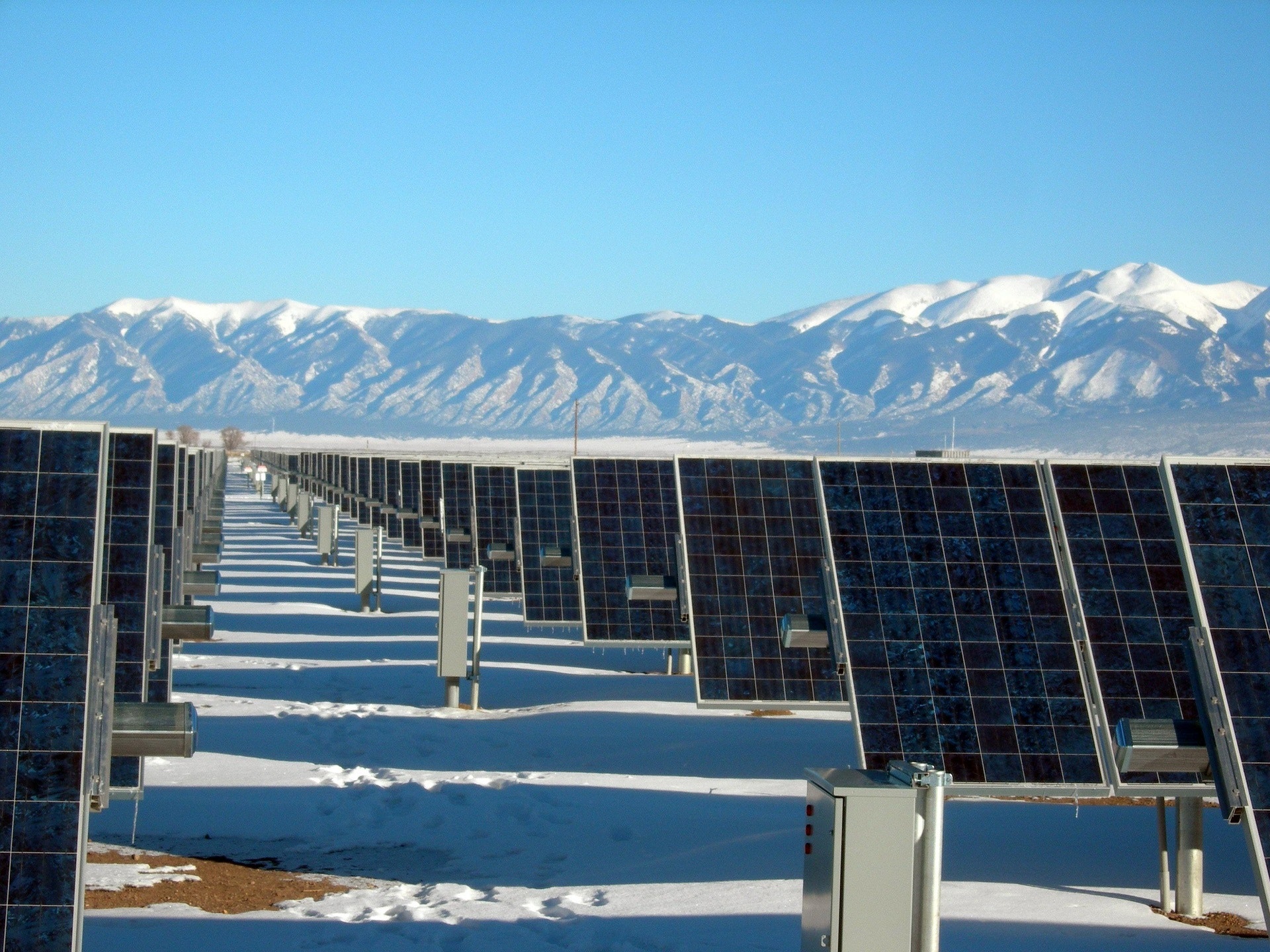Did you know that the solar energy industry is projected to be worthover $1 trillion by 2028? This means that now is the perfect time to get involved in solar energy and apply for solar incentives. When applying for a solar rebate, there are certain factors that you need to consider.
Let’s take a closer look at what you need to know.
What Is a Solar Panel Rebate?
Solar panel rebates are incentives offered by governments, public utilities, and other organizations to encourage homeowners to install solar panels on their property. These programs typically provide cash back or tax credits for the installation of a solar system.
The energy produced by the solar system is sold back to the utility, often at a reduced cost.
How Do I Know if I’m Eligible?
In order to be eligible for a solar rebate, you will need to meet certain criteria. For instance, your solar panel system must have been installed between certain dates, and you may need to meet certain income requirements.
Additionally, there are often geographic restrictions on solar incentives, so it’s important to check with your local government or utility company for eligibility information.
Check Your State Tax Incentives
As you might assume, the incentives offered for installing solar panels vary from state to state. It’s important to familiarize yourself with the solar rebates that are available in your area.
This includes both federal and state tax incentives, as well as any special programs or funding grants that may be available.
Check Utility Company Requirements
Before applying for a solar rebate, you should also check to see if there are any requirements from your utility company. These vary depending on your location and the type of incentive you’re applying for. Some utilities may require that you purchase a specific type of solar system or use specific installation procedures.
It’s important to read the fine print before submitting your application so that you understand all of the requirements.
Get Professional Help
It’s always a good idea to seek out professional help when applying for a solar rebate. A qualified installer or energy consultant can provide invaluable advice and assistance throughout the process.
They can also answer any questions that may arise while you are researching the different types of incentives available.
Building Codes
Some jurisdictions have restrictions on where and how you can install solar panels, so it’s best to check with your local authorities to ensure that your solar system meets all the necessary requirements.
This includes both safety and efficiency standards. Additionally, you may need to obtain approval from your local building authority before installing the system.
Does the Type of Solar Panels I Have Matter?
Yes, the type of solar panel you choose can affect your eligibility for a solar rebate. Some incentives are only available for specific types of systems, such as rooftop or ground-mounted photovoltaic (PV) panels. In addition, some states may offer additional incentives depending on the efficiency rating of the system.
It’s important to research all your options before making a decision.
What Type of Expenses Are Included?
Solar rebates typically cover the cost of materials, installation labor, and other associated expenses. However, it’s important to read the fine print of your incentive program to make sure that everything is covered.
Some programs require you to purchase approved equipment or hire accredited contractors in order to be eligible for the rebate.
What if I’m Not a Homeowner?
In some cases, renters and landlords may be eligible for solar rebate programs. It’s best to check with your local government or utility company to see if there are any special incentives available.
You may be able to take advantage of energy-efficiency tax credits or other federal and state incentives that don’t require ownership of the property.
What if I’m Not Connected to an Electric Grid?
If you are not connected to an electric grid, such as in a rural area, there may still be options available. Many states offer solar rebate programs specifically for off-grid systems.
Some utilities offer incentives for installing microgrids and other energy-efficiency technologies.
What if the Solar Panels Are Not Installed on My Roof?
You may be able to take advantage of solar rebate programs even if the solar panels are not installed on your rooftop. For example, there may be special funding grants that cover the cost of installing solar panels in public areas or commercial buildings.
Be sure to keep this in mind when moving forward.
Does It Matter if I Financed My Solar Energy System?
Yes, the type of financing you use to purchase your solar energy system can affect your eligibility for a solar rebate.
Some programs require that the system be purchased outright, while others accept financing or leasing programs. Be sure to read the details of each program closely before applying.
Getting a Solar Rebate Is Easier Than It Seems
As long as you keep the above information in mind, you’ll find that applying for a solar rebate is relatively straightforward. With the right preparation and research, you can take advantage of all the benefits that solar energy has to offer.
Plus, once your system is up and running, you’ll be able to enjoy reduced electricity bills and savings on your taxes.
Looking for other useful articles like this one? Feel free to check out the rest of our blog.




